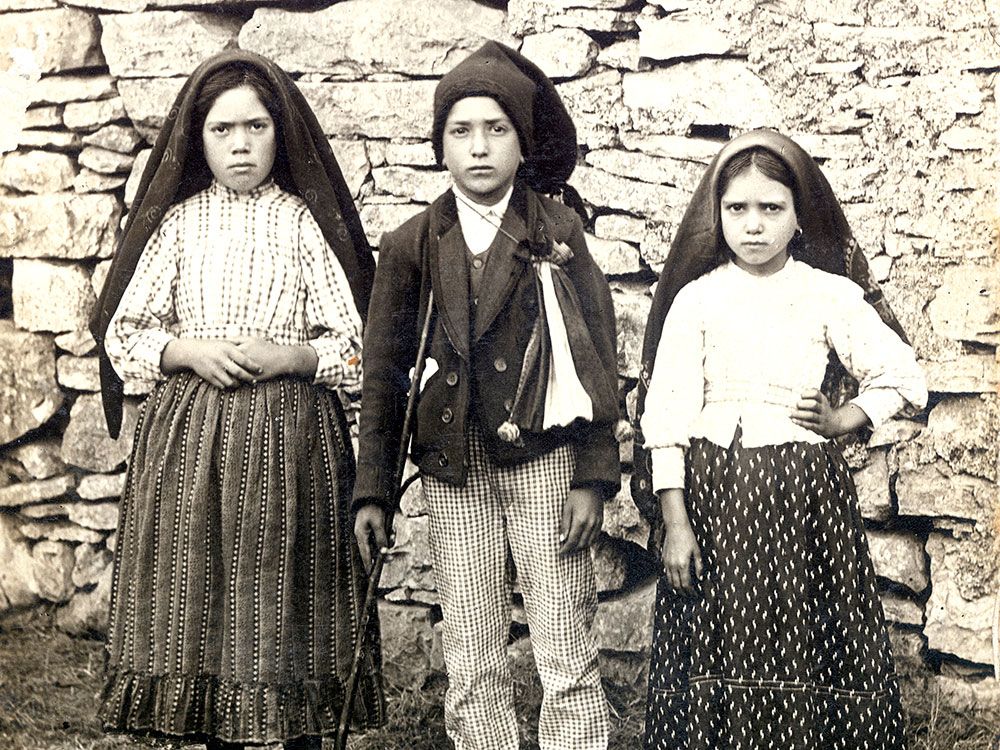How we all love bargains! It appears that booklovers (school librarians and teachers included) ensure that their book budgets accommodate their purchases. Consider the long queues during the days of the Wednesday to Sunday International Book Fair — these certainly point to an interest in books.
It is encouraging to see fans of all ages eager to meet the authors of their favorite books in person for a cherished Instagram-able post and to have their coveted signatures. And why has it become necessary for event organizers Primetrade Inc. and the Book Development Association of the Philippines to expand the large book fair space on the ground floor to a second floor devoted to children’s titles?
It is the same frenzied and enthusiastic response to the Komikon and the Komiket, both devoted to comic books and graphic literature and to the all-Pinoy Book Fair — one is scheduled at SM Megamall in mid-November, National Reading Month — which have been mounted in the past. These fairs are devoted only to Philippine publications, unlike the Manila International Book Fair where foreign titles dominate the number of titles by Filipino authors.
It is encouraging to see such a crowd drawn to these events but it is hard for me to categorically say that yes, Filipinos read. These events are few and far between and thus, cannot sustain a reading culture all year round.
What does it take to develop a reading habit? It means free access to books, a positive attitude to books and reading, and viewing reading as a pleasurable leisurely activity.
Public Libraries
I have gotten tired of repeating the country’s serious need for public libraries, the only way we can all have unlimited access to books. Why must we who worry first about our basic needs have to purchase every book we would like to read? Why have all other countries, both developed and developing, managed to have a public library system?
The public librarians always tell me that yes, we do have public libraries. I have yet to see one where one can easily go and find books of interest one can check out, or one that has inviting and welcoming reading corners for all, students and senior citizens alike, to enjoy. I have to say that the state-of-the-art Quezon City Public Library promises to be a haven for book lovers. There is also the 24/7 Cebu City Library that has drawn much attention.
In school settings, one is blessed if there is a school library, something that private school students are privileged to have. In the public schools where the perennial textbook shortage persists, school libraries are a rarity. They do not have a librarian or a teacher with the time and the energy to manage the library along with their other assignments. They also have the constant fear of being held accountable for missing or lost books. Moreover, there might not even be a space for a library.
Access To Books
Sourcing the books is another problem. Often extreme care is taken to protect them, placed under lock and key, a forbidding sign for enthusiastic readers. The book donations are usually discarded, outdated materials from the U.S., hardly enticing for beginning readers.
With no exposure to books other than their textbooks, how will students learn to read? How does one experience the joy of reading with no book to hold in one’s hand? Is it any wonder that even reading-challenged Sixth Graders manage to be promoted to that grade level?
At the start of the boom of digital technology, some of us wondered if print would die out. From statistics abroad and even locally, reading digitally has not taken the place of reading the hard copy. It really does not matter where one reads — it is a welcome development that reading is available on different platforms. Thus, textbooks and trade books continue to be published.
Reading and learning are aided by technology but one must take note that the ownership of devices is limited by economic considerations and the absence of WiFi connectivity in many parts of our islands.
Ultimately, what we need to focus on as a nation is to provide the access to books for all and to nurture a positive attitude to reading and the lifelong curiosity to learn. That is needed to grow in literacy as a nation, empowering all our citizens.


























